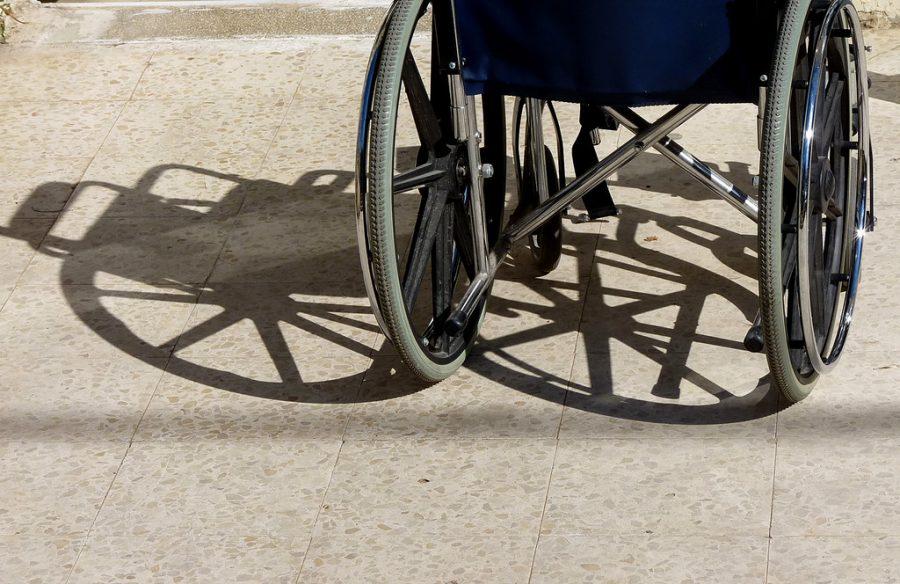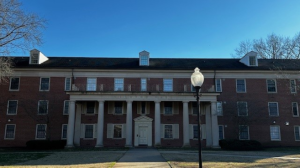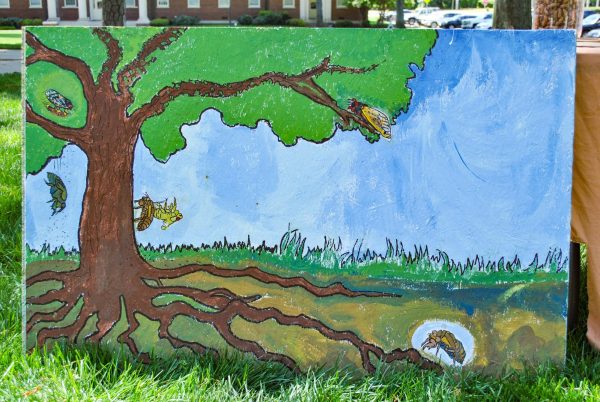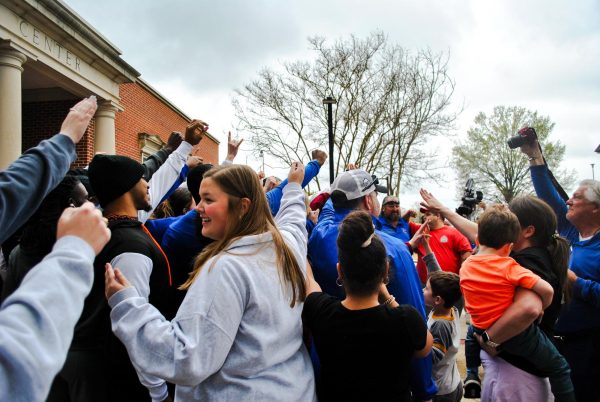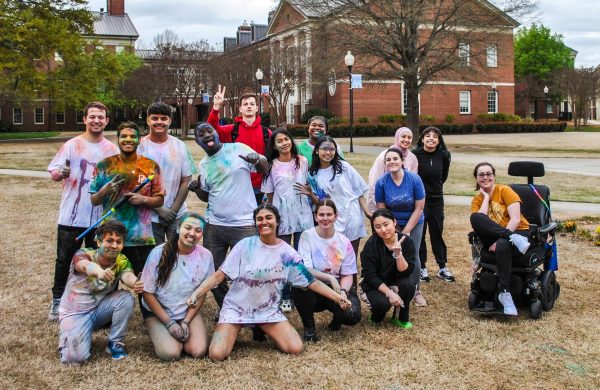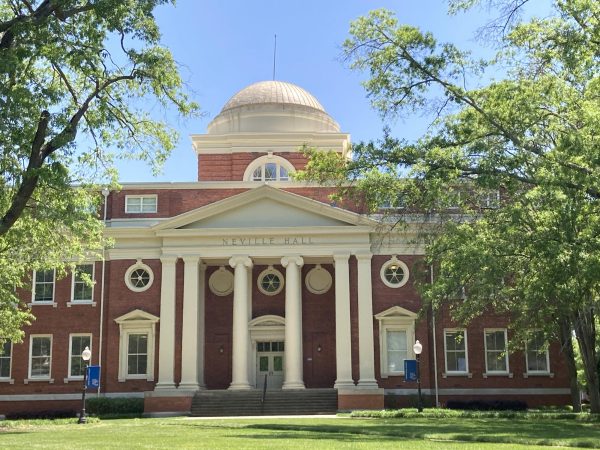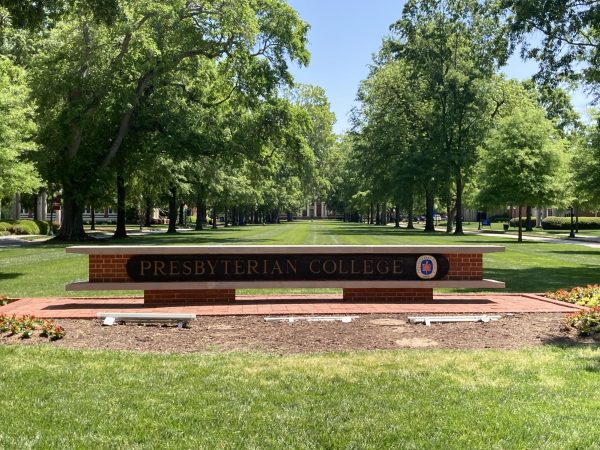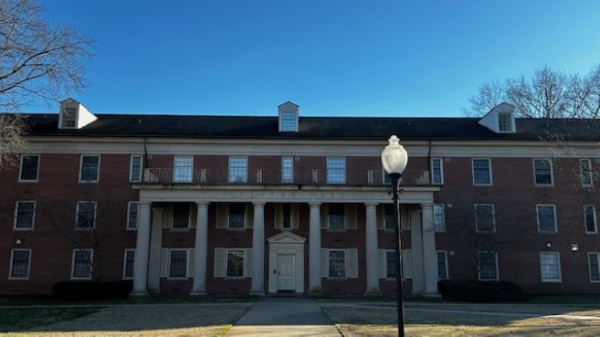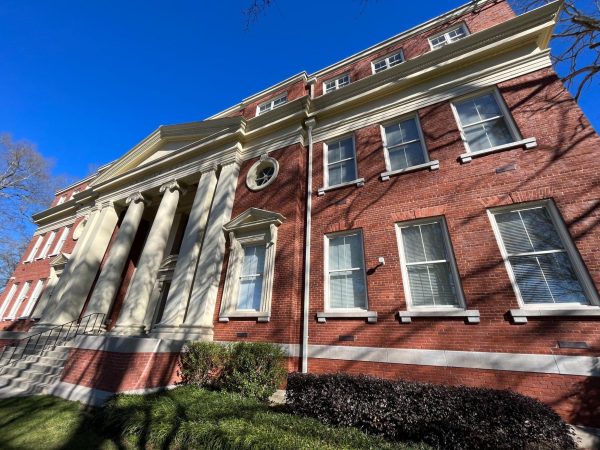Increasing Accessibility at PC
October 10, 2019
When it comes to providing for the needs of students with disabilities, no academic institution is perfect. Improvements can always be made in order to make life easier for those with disabilities. “I would say that focusing on the needs of our students, faculty, staff and visitors to our campus is the most important thing we can do to create and sustain an inclusive and welcoming campus environment,” says Dr. Amy Davis, PC’s Director of Academic Success and Retention.
One particular area that has raised concerns lately is that the Academic Success Office, formerly the CHAMP house, is not wheelchair-accessible. This building, which was used for storage space until March of this year, houses offices for staff who assist students in matters such as tutoring and the Starfish software. Its staff is also responsible for disability service coordination. Dr. Davis stated that this accessibility issue is due to the building’s age. “The house is over 30 years old,” she said. “Typically, college campus buildings that were constructed after 1990 are required to meet the standards of the [Americans with Disabilities Act]. However, there is a provision in the ADA that allows colleges and universities to move classes or office locations to rooms or other buildings that are accessible. Therefore, if we have a student using a wheelchair who cannot access our office house, we would be more than willing to make arrangements to meet the student in another location.”
Dr. Davis further described plans for assisting students with disabilities in the newly-renovated Laurens building: “If a staff member is located on the second floor, they will make arrangements to meet with students in a private room on the first floor of the building since there is no elevator in Laurens.”
Even if no changes to the campus itself are made, Dr. Davis stressed the power that abled students have to advocate for others. “I try to tell faculty and staff, ‘don’t just accommodate because it’s the law, do it because it’s the right thing to do.’ Imagine yourself as someone with mobility issues. Where do you see improvements that can be made?” She recommends speaking to the student government about any accessibility concerns that students may notice. “I think students are fantastic advocates for other students and for doing the right thing.”

